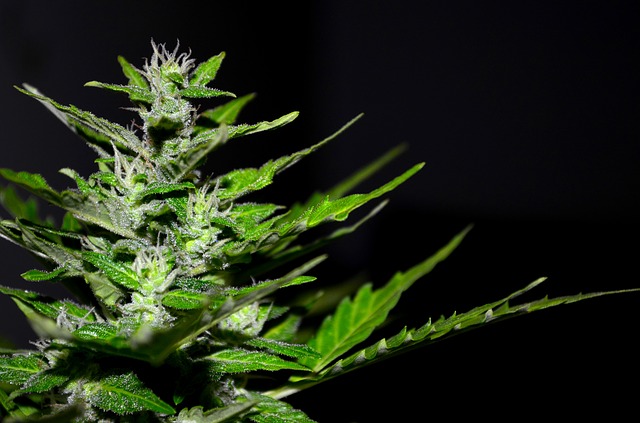
In November of 2008, medical marijuana was legalized in Michigan. The issue of weed usage for any purpose is a hugely controversial topic, and so when the law changed again in 2018, and recreational marijuana was legalized, things get a little more complex. At least for foster parents of refugee minors living in Michigan.
Refugee foster care is legally very different from domestic foster care
Unlike domestic foster care (which is where CPS comes in and takes a child away from a family living in Michigan, and puts that kid into the foster system) refugee foster care is a whole other kettle of fish. Refugee foster care is overseen and regulated by the federal government (as opposed to the state government), and as you know, federal law and state law don’t always jibe. Especially when it comes to the issue of marijuana (recreational or medical)!
Marijuana use and possession is still illegal under federal law!
Most refugee foster kids are, at some point, involved with U.S. Immigration services while they work through the process of becoming legal residents, or citizens of the United States. During that time, they’ll be working closely with federal immigration agents, who are well aware of the disparities between state and federal law when it comes to weed.
Immigration attorneys are recommending you be extra careful…
According to a number of immigration attorneys who work with refugee minors, many immigration agents are now making it a point to ask about marijuana usage when interviewing refugee foster youth. It’s very important for you to know that, as a foster parent, both you and your foster child are at risk if either of you use marijuana in any way. It might be legal under state law, but you can still be prosecuted under federal law, which could land you in prison, and will definitely cost you your foster license!
As a refugee foster parent, you need to weigh your decisions very carefully!
Refugee foster parents may have to go through all the same training as domestic foster parents, and they may have the same licensing process, but that’s where the similarities end. Foster parents with refugee youth are answerable to the federal government for certain things that domestic foster parents never have to deal with. And that means being aware of what federal law has to say on all kinds of topics, including marijuana use and possession. So join us next time for a look at how this could impact you and your foster child.
